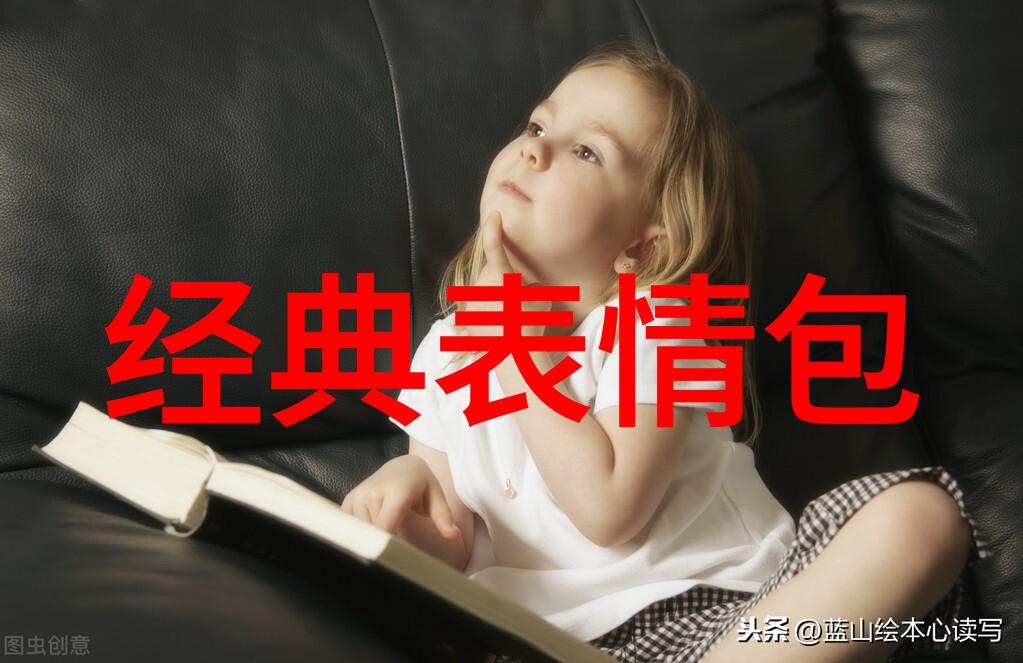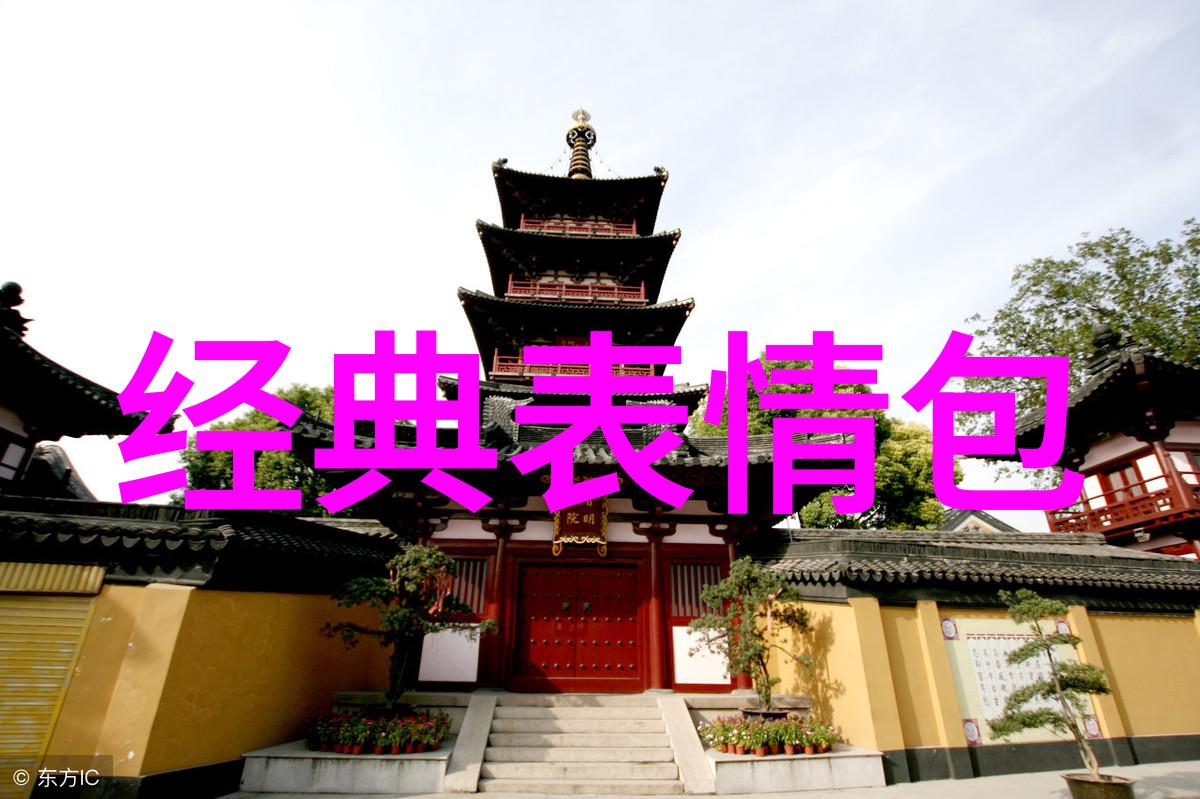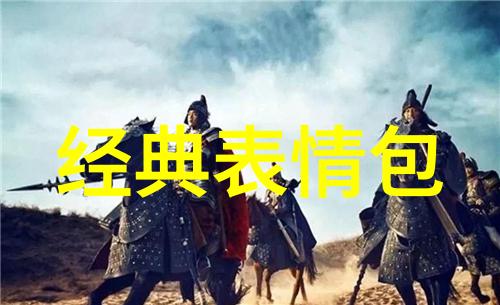Comparing the Customs and Traditions of Qixi Festi
Introduction

Qixi Festival, also known as Chinese Valentine's Day or Double Seventh Festival, is a traditional Chinese festival celebrated on the seventh day of the seventh month of the lunar calendar. It commemorates the story of Zhinü, a weaver girl who fell in love with a cowherd named Niu Lang. The two lovers were eventually reunited in heaven after their death.
Valentine's Day, on the other hand, is celebrated on February 14th every year in many countries around the world. It originated from ancient Roman festivals such as Lupercalia and has since evolved into a day dedicated to romantic love.

Is Qixi Festival Really a Chinese Valentine's Day?
The question remains whether Qixi Festival can be considered as an equivalent to Valentine's Day in China. While both festivals celebrate love and relationships between couples or pairs of people, there are significant differences between them.

Love Stories Behind Both Festivals
The most striking difference lies in their origins and associated stories. Qixi Festival revolves around Zhinü and Niu Lang while Valentine's Day has its roots in Christian tradition surrounding Saint Valentinus (Saint Valentine).

In terms of cultural significance, both holidays have been adapted to fit modern-day celebrations but retain some historical elements that reflect their unique origins.
Customs & Traditions: A Comparison

Gift-Giving:
Both festivals involve gift-giving practices but with different customs.
For example,
On Qixi Festival,
People give gifts like mooncakes,
Fruit trees (especially pomegranate),
Dried fruits.
On Valentines' Day,
Gifts include flowers (especially roses),
Chocolates,
Jewelry.
Clothing & Accessories:
On Qixi Festival,
Women wear red clothing symbolizing good luck.
Men wear white clothing indicating purity.
On Valentines' Day,
There are no specific color restrictions for either gender but often red roses signify passionate feelings between partners.
Food & Drink:
Food plays an important role during these celebrations too:
In China during Qixi,
Mooncakes represent unity among families;
Pomegranate represents fertility;
Tea represents peace;
In Western cultures celebrating Valentines',
Chocolates represent indulgence;
Wine represents luxury;
Flowers represent affection;
Celebrations:
For those living outside Asia,
the practice may not be widely observed due to cultural barriers; however,
it still holds immense importance within communities where it is practiced actively by adherents regardless if they reside locally or abroad!
Conclusion
While both holidays share similarities such as celebrating romance and relationships among couples or pairs,
they differ significantly based upon historical narratives behind each event along with distinct traditions which vary depending on local customs prevalent across regions worldwide!



